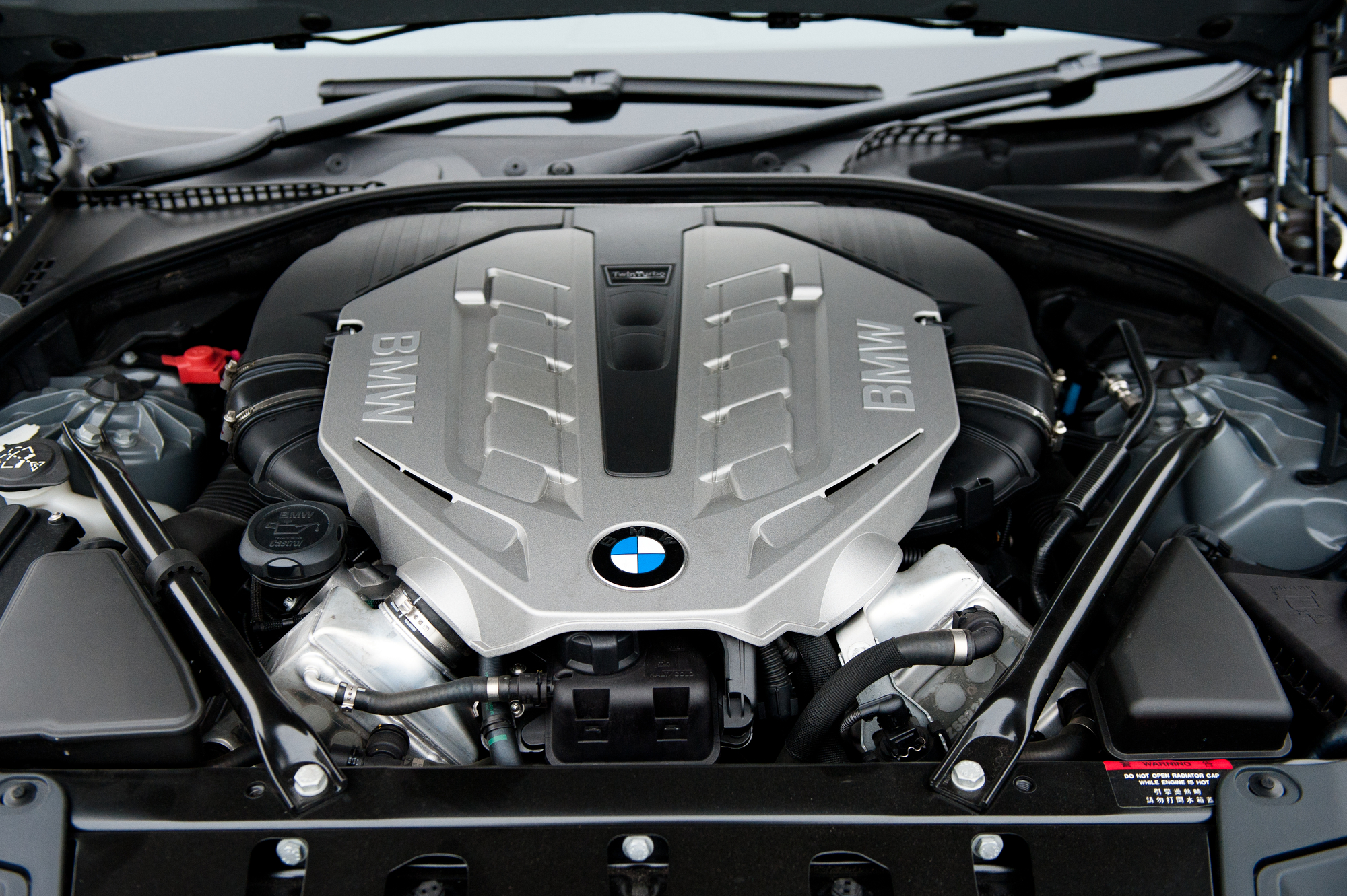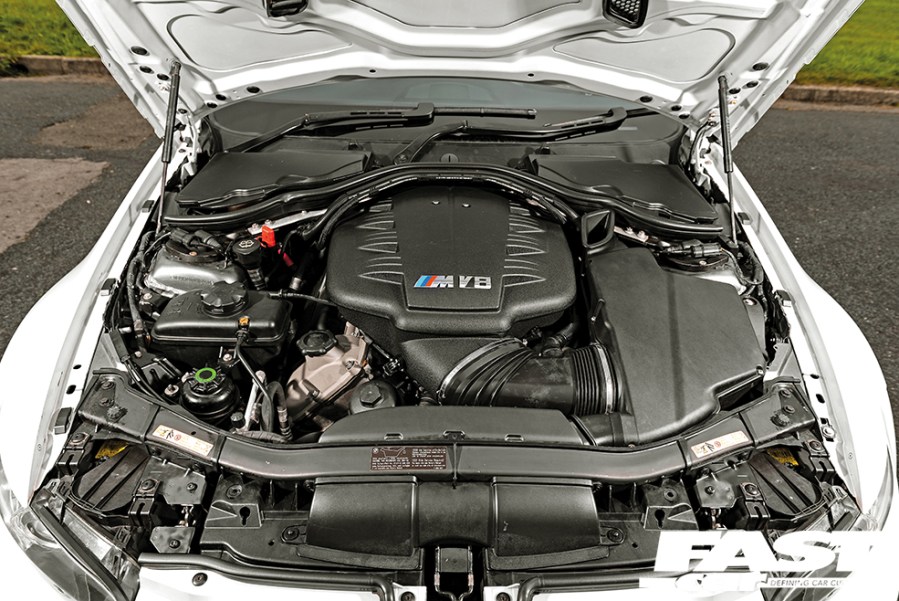The Evolution of the BMW Engine: A Recall at Iconic Models
The Evolution of the BMW Engine: A Recall at Iconic Models
Blog Article
Unveiling the Intricacies of Next-Generation Power Units: a Deep Dive Into Advanced Engine Technologies and designs
In the world of automotive design, the ruthless search of sustainability, efficiency, and efficiency has actually pushed the development of power units to extraordinary elevations. As we depend on the precipice of a brand-new era in transport, the details of next-generation engine layouts beckon us to check out the advanced technologies and advancements that guarantee to redefine the driving experience. From innovative products that press the boundaries of longevity and weight decrease to innovative turbocharging and supercharging systems that elevate power result to brand-new degrees, each part of these power units holds a key to unlocking the future of auto design. Digging much deeper into the realms of emission control, smart engine management systems, and the horizon of power system development, we discover ourselves on the cusp of a makeover that assures to improve the landscape of wheelchair as we understand it.
Evolution of Engine Materials

The change in the direction of progressed engine materials has actually also enabled designers to create engines with greater power outcomes while maintaining gas efficiency standards. For instance, making use of lightweight products minimizes the overall weight of the engine, causing enhanced fuel economy and reduced exhausts. In addition, improvements in products modern technology have permitted better thermal monitoring within engines, leading to enhanced dependability and durability.
Turbocharging and Supercharging Technologies
Just How do Turbocharging and Supercharging Technologies transform engine performance and efficiency in modern lorries? Turbocharging and turbo charging are innovations that significantly enhance engine performance by enhancing the quantity of air intake into the combustion chamber. Turbocharging accomplishes this by making use of a wind turbine driven by exhaust gases to pressurize the consumption air, while supercharging utilizes a belt- or chain-driven compressor to accomplish the exact same impact.
These innovations enable smaller sized, more fuel-efficient engines to generate power equivalent to larger ones, called downsizing. By forcing more air into the cyndrical tubes, turbo charging and turbocharging boost burning performance, resulting in raised horse power and torque result without a considerable boost in engine dimension. This results in better acceleration, towing capacity, and overall driving efficiency.
Additionally, supercharging and turbocharging add to improved fuel efficiency by enabling the use of smaller sized engines that consume much less gas under typical driving conditions - bmw engine. This combination of enhanced efficiency and effectiveness has actually made turbocharging and turbo charging integral elements of numerous modern engine layouts
Discharge Control and Environmental Influence
With enhancing worldwide concerns concerning air high quality and ecological sustainability, the execution of discharge control innovations in cars plays an essential duty in lowering damaging pollutants launched right into the ambience. Modern vehicles are outfitted with sophisticated exhaust control systems that aid decrease the environmental impact of automotive procedures. Catalytic converters, for example, are created to convert harmful gases visit this site such as carbon monoxide, nitrogen oxides, and hydrocarbons into less unsafe compounds like co2 and water vapor.
Additionally, innovations in engine technology, such as the integration of exhaust gas recirculation systems and careful catalytic reduction, have actually considerably added to reducing exhausts. These technologies operate in tandem to maximize combustion performance and decrease the release of dangerous toxins right into the air. Furthermore, the growth of hybrid and electrical lorries represents an important step in the direction of lowering the overall environmental impact of the transportation sector.
Intelligent Engine Monitoring Systems

Moreover, these systems allow vehicles to satisfy rigorous emissions requirements without useful site endangering performance, supplying a more ecologically pleasant driving experience. The assimilation of synthetic knowledge and artificial intelligence capacities in engine management systems continues to push the borders of what is feasible, resulting in more renovations in efficiency, reliability, and total lorry performance. bmw engine. As automotive technology developments, smart engine monitoring systems will play a crucial duty in forming the future of transportation towards a much more sustainable and reliable instructions
Future Trends in Power Unit Growth
As smart engine management systems pave the means for boosted control and optimization in contemporary automobiles, future trends in power unit growth are poised to redefine the landscape of vehicle propulsion innovations. These alternative power resources provide enhanced efficiency and efficiency while aligning with strict ecological policies.
One more considerable trend is the integration of innovative materials and manufacturing methods. Lightweight products such as carbon fiber and aluminum are being used to lower total vehicle weight, boosting fuel effectiveness and efficiency. Furthermore, innovations in 3D printing and additive production are allowing the production of intricate engine elements with greater accuracy and toughness.
Furthermore, expert system and artificial intelligence are playing an important role in maximizing power system efficiency. These technologies permit real-time surveillance and flexible control, causing much more dependable and reliable power distribution. Generally, future patterns in power device development are geared in the direction of efficiency, performance, and sustainability, driving the vehicle sector in the direction of a new age of propulsion modern technologies.

Conclusion
In verdict, the innovations in engine materials, turbocharging, discharge control, and smart monitoring systems have led the means for look at this website next-generation power systems. The detailed layouts and innovations in contemporary engines display the recurring development of auto innovation.
Discovering the modern advancements in engine materials has been pivotal in enhancing the performance and efficiency of modern engines. Over the years, the development of engine materials has played an essential duty in pushing the limits of what engines can attain.The shift in the direction of advanced engine products has likewise made it possible for designers to create engines with higher power results while maintaining fuel performance standards.The execution of intelligent engine monitoring systems in modern-day automobiles has actually transformed the method engines are managed and maximized for performance and effectiveness. By accumulating information in real-time and evaluating it with innovative algorithms, smart engine management systems can adapt to driving designs, ecological aspects, and engine health to optimize power result while lessening gas usage and discharges.
Report this page